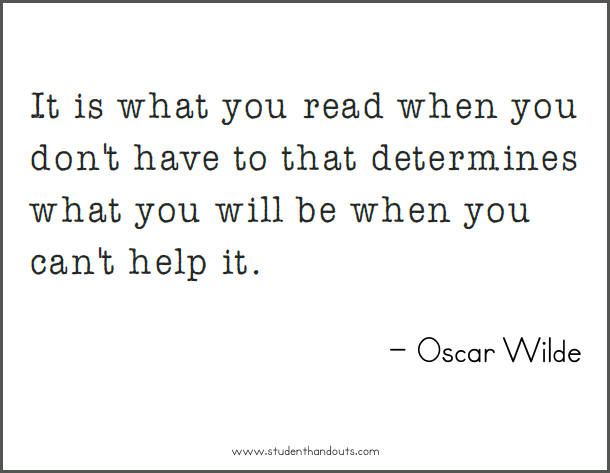(From here.)
I've been reading the entries over at the Aerogramme Writer's Studio. They have a lot of Rules of Writing by various writers. Many of these are very good. So I figured I should have some.
I came up with two.
- Read intelligently.
- Write honestly.
I am not saying the other rules for writing are bad. They are often very, very good. But to me they are refinements. They are methods by which you can made bad writing better or good writing great. They are not (again, to me) rules for writing in and of itself.
Or, you could say that the usual rules for writing reflect what one should do once the state of writing has been achieved. What I'm talking about is the enabling principles to write at all.
At least for me.
Let me explain.
First, read. Read everything. Read bad fiction and good. Read science fiction, mystery, best seller, little known American authors of the thirties, translated Burmese poets. Read about the whisky rebellion, folk music of the nineteenth century, the care and feeding of llamas, the Teapot Dome Scandal and how steam engines work. Be Not Thou Narrow and Do Not Stop. I'm convinced when a writer stops reading he dies inside. William Goldman said it first in The Color of Light: It's all material. Every square bit of it. And you'll need every square bit of it.
Be voracious. Be eclectic.
Second, read intelligently. By this I do not mean narrow the material. I mean that every writer has a point of view. Some defensible. Some not. Some you agree with. Some not so much. But they all have biases. So if you read somewhere that box turtles are vegetarians, be aware It Ain't Necessarily So and corroborate the author. Follow the material down to bedrock. Don't be satisfied until you have wrung your material dry. Tear it apart and build it anew in your mind.
Don't be worried that it won't prove useful. It will and in ways you cannot imagine when you're reading. Do it for fun. The love will follow.
I had a physiology professor in college who always answered questions with material that begged for more questions. Eventually, when the questions could not be answered, it was not because the professor had run out of knowledge; it was that we had run off the edge of the state of knowledge.
Cultivate such relationships.
Then, write. Write incessantly. Write about the sun, the moon, the darkness. Try your hand at plays, poems, stories, novels. But most of all write in your mind. Think about what you read, see, feel, experience. Frame it. Turn it inside out. Change points of view. Would that be the same if the person were a woman? Chinese? A squid? Compare it against what you've read-- bad and good. Compare it against things you know and things you don't.
And write honestly. Don't be satisfied writing someone else's material. Every writer first has to discard the very writers that crystallized the desire to write in the first place. Don't worry. It's all material. It will come back to haunt you but when it does it will be in your voice. Write about people who work, play, have children. You don't have to talk about their work, play or children if it doesn't serve the story. But you will know them and through your knowledge so will the reader even if you never mention a whisper.
There is no character so minor that they don't have a back story.
Let characters come forward in your mind-- I like to think of writing as an exercise in multi-personality disorder. But for fun. You, as the writer, are in charge. But readers are like the audience at a magicians show. You can fool them for a while but if you do the same trick too many times you're just messing with them. They'll see through you and resent you. Treat not the reader with contempt. Treat them like the intelligent people they are and they'll give you their valuable attention. There's no sin in asking the reader to work with you.
Treat not thy characters with contempt. It's a variation on treating readers with contempt. Simon Legree had a business to run. He had a wife and children to support. Yes, he was a cruel sadist that tortured slaves for fun and profit but that's not all he was.
I'll even give a great example of not treating your characters with contempt. In Huckleberry Finn, Huck's father, Pap, was one nasty piece of work. He was the worst kind of drunk. He abused Huck. He kidnapped him to get his money. Huck goes on down the river largely to get away from him and in fear of his life. Twain could have drawn him as a villain with no more depth than a playing card. He did not. The reader does not know how Pap came to this place, what sort of choices he made to get here, the nature of the people he came from and what formed him. But at no point in the novel are you ever in doubt there was a path Pap followed. There were decisions-- mostly wrong but likely looking good at the time-- that brought him to be the person Twain describes. That is writing honestly.
Writing honestly is doing the very best work you can do because you, of all people, know where the bodies are buried and which corners were cut.
Writing honestly is doing your best when you know you will fail at it because you know where the bodies are buried and which corners were cut.
Nobody's perfect. Suck it up and do it anyway.




No comments:
Post a Comment